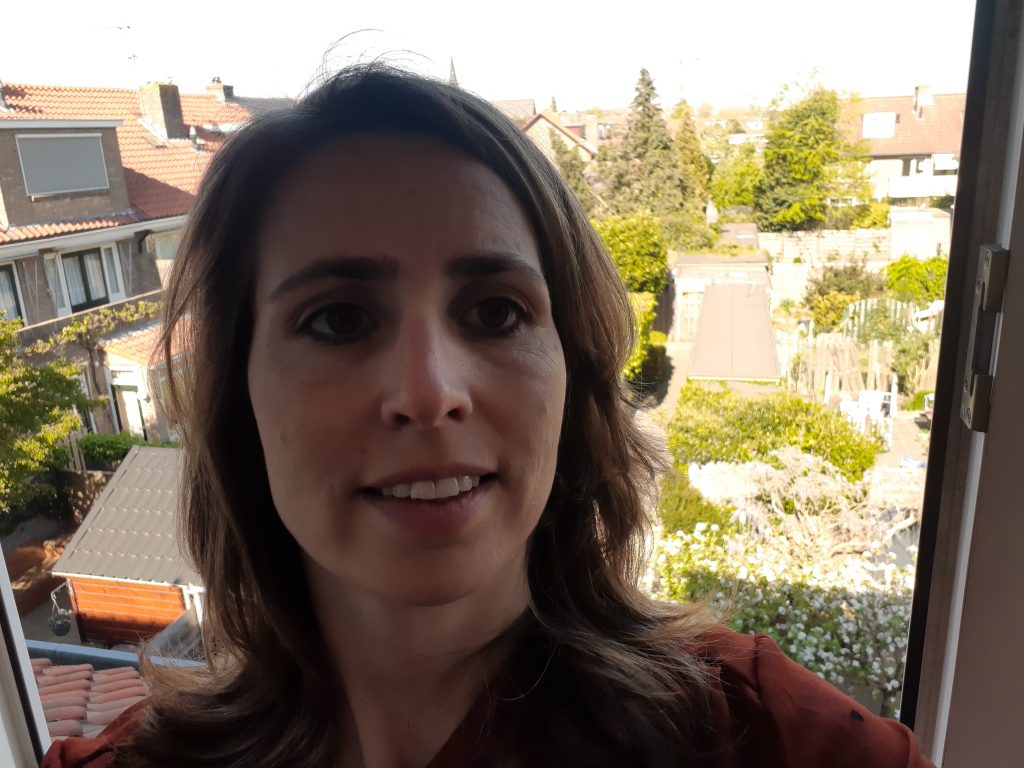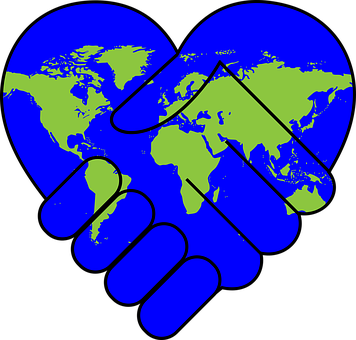In this series of blog posts checking how our partners are doing, we have landed in the Netherlands. Marit den Ouden is a relatively new coordinator working in the International Office of Deltion College located in Zwolle. Deltion College is a member of the Dutch Alliance and through the TDA also a member of the Network of Networks like Gradia.

“We fully switched to distance learning on the 16 March when our government announced that the schools had to be closed.” Deltion had started with the introduction of distance learning on a small scale already 5 years ago so they managed to do the switch relatively quickly. Some of the experts in distance learning had anticipated the situation already before 16 March and had captured their thoughts and vision in a memo. Immediately after the government announcement the distance learning task force started their work. “Already in the first week after 16 March they provided training for our staff and all kinds of materials for our use,” says Marit from her home office. The materials were put on the Deltion College intranet and they were used by quite many people. Two weeks ago all Deltion teachers got a paper magazine delivered at their homes with all kinds of tools and information about distance learning. At the moment of this interview, the Deltion task force is already preparing for the next school year.
There were of course some challenges as well. “Some teams did their own “thing”, a bit outside the general frames which were set by the college 😉 In such a big college as ours – around 19.000 students and 1.400 staff this is hard to prevent.” This resulted in some extra ‘follow-up’ work for the task force. “Our experience is that teachers don’t easily ask questions even though we try to facilitate direct, easy contacts with our experts.”
Marit reflects back to the beginning of remote learning; “I think that we were relatively well prepared. We already had experts and experience on distance learning at Deltion. And we already had blended coaches in the teams. There was a lot of energy and positive spirit to act and go for it together.” She also believes that this experience will lead to permanent changes. “Distance learning will get a more permanent place in our vision on education. We expect that we might keep providing distance learning to our students in the future on a structural basis, for example one day a week. And we might do more appointments and visits – like apprenticeship visits – ‘at distance’. “

At the moment of the Corona outbreak Deltion College had more than 150 students abroad for an internship. So the first task was to get all these students home safely. Also there were many international study projects (both for students and staff) planned which had to be cancelled. And the students who were in Zwolle at that moment for their internship had to go back home.
Deltion College is expecting the crisis to have an impact on the international activities both in the mid and long term. “It will give an extra boost to activities within the spectrum of ‘internationalisation at home’ and our vision to deal more consciously with travel in the perspective of climate change.” Marit says that they expect that in the mid term the number of mobilities will drop because the impact on travel possibilities, the safety issues and because the impact of Corona on certain sectors will probably last quite long. “But it is good to put things in perspective. Also internship opportunities within our country will be affected for a while. The importance of internationalisation will increase even more, but the activities to achieve internationalisation might undergo some shifts.
“On personal-level, I think I’m basically a quite flexible person, when it comes to adapting to different circumstances. It is my passion to be open towards other cultures, national contexts and perspectives and discovering the underlying reason behind differences and similarities. And stimulating others in this ‘compassion’.”
However, Marit does confess that she misses the personal contacts a lot. She has also noticed, like so many of us, that digital meetings are more energy draining than physical meetings. “So at the end of a day full of Teams meetings I usually feel a bit in a daze. It is good to see that colleagues stay in good contact and we often use our camera which feels much more personal than only hearing each other’s voice. It is heart warming to see how much we support each other, both national and international partners.” Marit is holding regular video meetings with her international partners and is expecting this method of cooperating to stay permanently.
On a final note, Marit recommends starting your work day – if possible in your country/region – with a walk for about an hour. “This will give you a lot of positive energy for the rest of the day. ”
More information about The Dutch Alliance https://www.dutchalliance.nl/